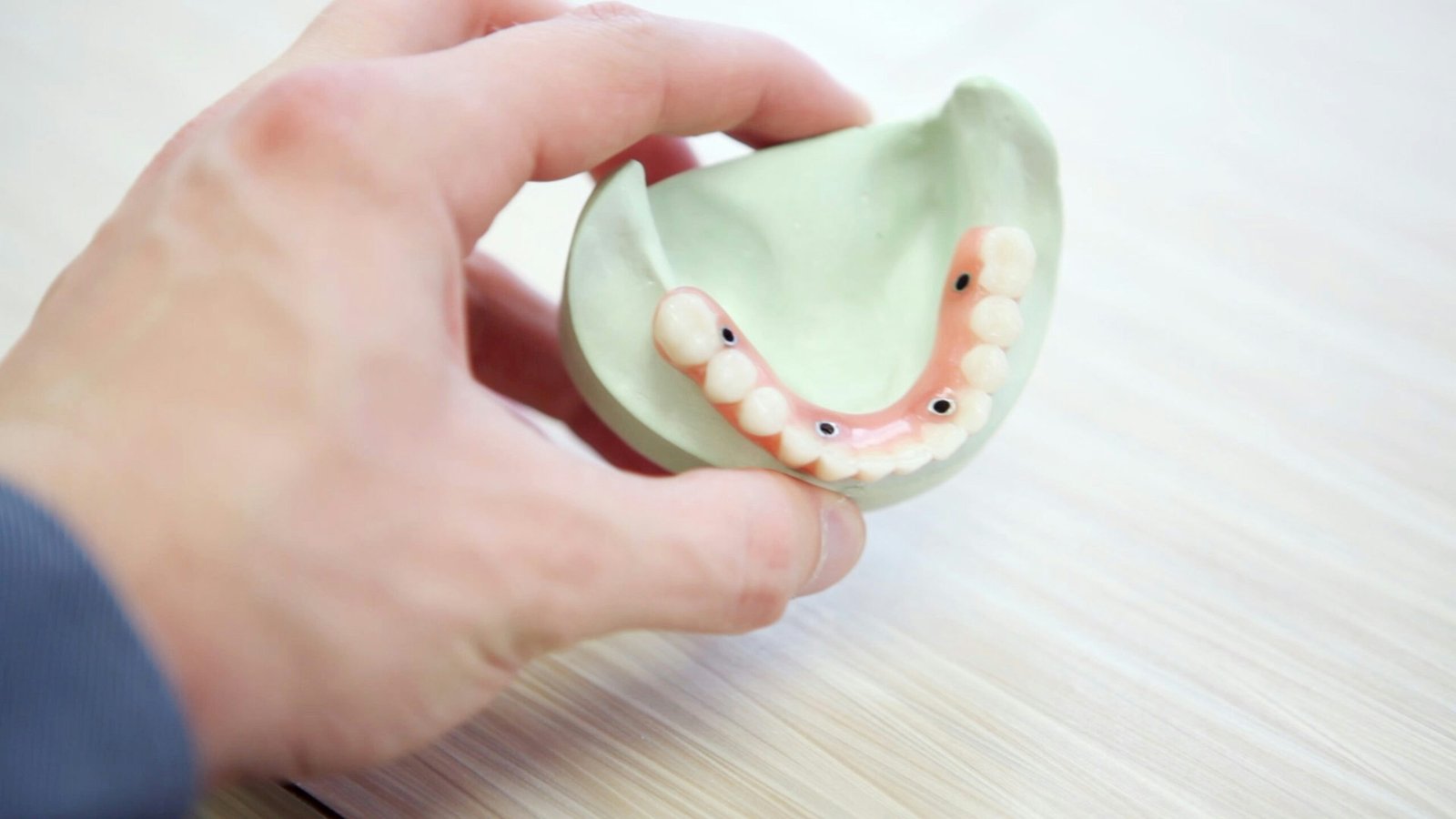Introduction to Coffee Myths
Coffee, one of the world’s most consumed beverages, has been surrounded by various myths and misconceptions for centuries. These myths often reflect deeper societal beliefs, cultural values, and scientific misunderstandings. Often arising from anecdotal evidence or misinterpreted studies, these misconceptions can significantly influence public perception and behavior toward coffee consumption. The widespread dissemination of such myths can lead to misconceptions about health effects, sourcing, and the beverage’s overall nature.
As coffee has evolved from a once-controversial drink to a beloved staple in many households, myths have proliferated. Common assumptions, such as coffee’s impact on health and its addictive properties, tend to overshadow the beverage’s often scientifically-supported benefits. This misinformation can lead individuals to make dietary choices that might not align with factual evidence, thereby shaping their consumption habits adversely.
It is increasingly important to differentiate between fact and fiction regarding coffee myths. Engaging with reliable research and expert opinions helps clarify what coffee truly does for our health and well-being. Throughout this blog post, we will address some prevalent coffee myths, ranging from its effects on hydration to its role in contributing to insomnia. By dissecting these myths, we aim to provide readers with informed perspectives that enable them to enjoy coffee while understanding the evidence behind or against various claims. The exploration of these myths will not only enrich our understanding of coffee but will also encourage a more scientifically-informed approach to its consumption.
Common Myths About Coffee
Coffee, one of the most popular beverages worldwide, has long been surrounded by a multitude of myths and misconceptions. Some of these myths are so prevalent that they have become accepted truths for many individuals. This section aims to clarify some of the most common myths surrounding coffee and set the foundation for a more detailed examination of the scientific evidence behind each one.
One frequently mentioned myth is that coffee stunts growth. This belief has been passed down through generations, particularly concerning children and adolescents. Many parents often discourage coffee consumption in young individuals for fear of hindering their growth potential. However, current research suggests that caffeine does not affect growth plates or height in developing teenagers.
Another widespread myth is that coffee causes dehydration. Critics often claim that the caffeine content leads to increased urination, resulting in fluid loss. While caffeine is a diuretic, studies indicate that moderate coffee consumption does not significantly contribute to dehydration. In fact, the hydration provided by coffee can offset its mild diuretic effects, making it a suitable component of daily fluid intake.
Additionally, the notion that coffee is inherently bad for heart health continues to circulate. Some individuals fear that regular coffee consumption may lead to high blood pressure or increase the risk of heart disease. However, recent studies do not show a direct link between moderate coffee intake and adverse cardiovascular outcomes. In fact, some research even points to potential heart health benefits from coffee consumption, including reduced risk factors for stroke and heart disease.
These myths highlight the misconceptions surrounding coffee and its effects. In the subsequent sections, we will explore these myths in greater detail, addressing the scientific evidence that debunks each one and providing a clearer understanding of coffee’s role in our health.
Myth-Busting: Questions and Answers
The realm of coffee consumption is marred by numerous myths, prompting widespread misconceptions regarding its effects on health. Addressing these myths is essential for fostering a comprehensive understanding of coffee’s role in our diets. One persistent myth asserts that coffee causes dehydration. This notion stems from the diuretic properties of caffeine, leading many to believe that coffee consumption results in increased urination and fluid loss. However, scientific studies have demonstrated that moderate coffee intake contributes to total daily fluid consumption, effectively countering dehydration in most individuals.
Another common belief suggests that coffee stunts growth, particularly among adolescents. The origins of this myth can be traced back to concerns regarding children’s health, notably their bone density. Nonetheless, research conducted by health experts has shown that coffee consumption does not have a significant impact on growth or overall height. In fact, moderate coffee intake may be harmless and can even offer certain health benefits.
Some claim that drinking coffee increases the risk of heart disease. This myth likely emerged due to early studies that highlighted a correlation between high coffee consumption and increased cholesterol levels. However, subsequent research indicates that moderate coffee consumption is not associated with a higher risk of heart disease in most individuals. In fact, numerous studies suggest potential cardiovascular benefits associated with coffee consumption, such as improved circulation and reduced inflammation.
Finally, another myth states that decaffeinated coffee is completely caffeine-free. While decaf coffee contains significantly less caffeine than regular coffee, it is not devoid of it entirely. Decaf coffee may still contain up to 3% of the original caffeine content. Understanding this distinction is crucial for those sensitive to caffeine who prefer to limit their intake. By addressing these myths with factual information and scientific evidence, we can dispel inaccuracies and promote a better understanding of coffee’s implications for health.
Conclusion: Enjoying Coffee Responsibly
As we have explored throughout this blog post, coffee is surrounded by numerous myths and misconceptions that can influence our perception of this beloved beverage. In light of these revelations, it is vital to approach coffee consumption with a balanced and informed perspective. Understanding the facts behind common coffee myths allows individuals to enjoy coffee while being mindful of its effects on health.
When consuming coffee, moderation is a critical factor. Research suggests that moderate coffee intake—generally classified as 3 to 4 cups per day—can confer several health benefits, including improved cognitive function and a reduced risk of certain diseases. However, overindulgence may lead to negative side effects such as anxiety, sleep disturbances, or digestive issues. Therefore, being attentive to your body’s response to caffeine and adjusting your consumption accordingly is essential.
Moreover, it is beneficial to be aware of the various brewing methods and their impact on health. For example, using a paper filter can reduce the cafestol content, which has been associated with increased cholesterol levels. Selecting high-quality beans, sourcing organic options, and exploring alternative beverages such as decaffeinated or herbal teas can also contribute to a healthier coffee experience.
In conclusion, the key to enjoying coffee lies in understanding its effects and separating fact from fiction. We encourage readers to reflect on the insights gained from this discussion and to consider their own coffee habits. Sharing personal experiences regarding coffee myths or health tips can further enrich this dialogue. Ultimately, a responsible approach to coffee consumption allows us to appreciate its myriad benefits while being aware of our individual health needs.




